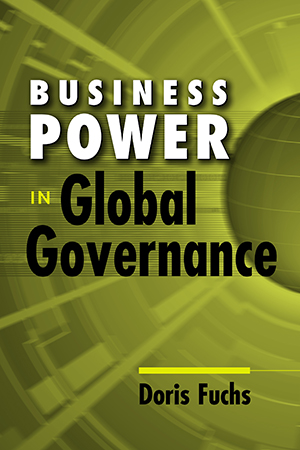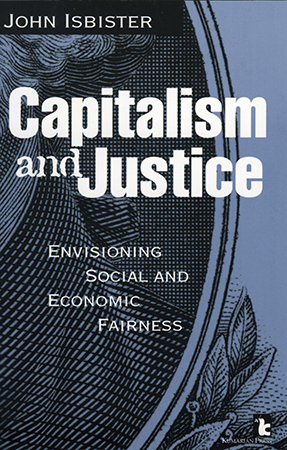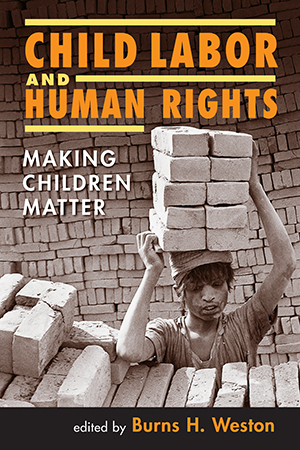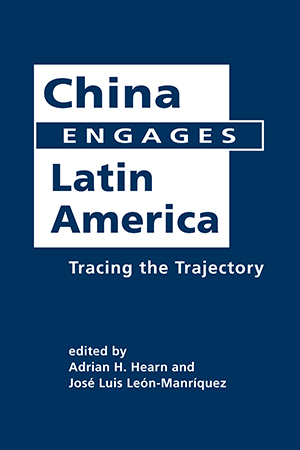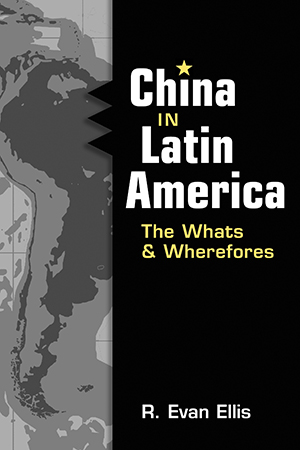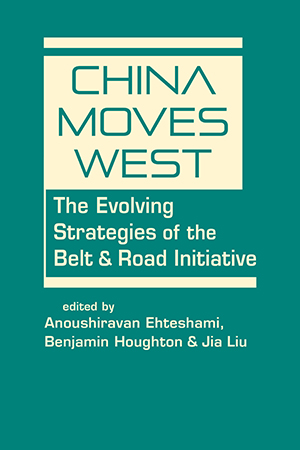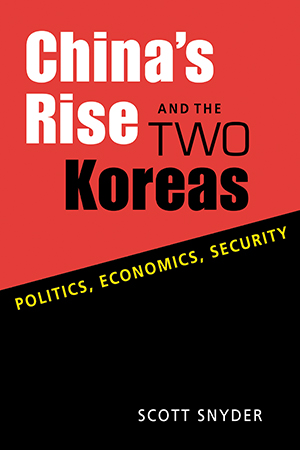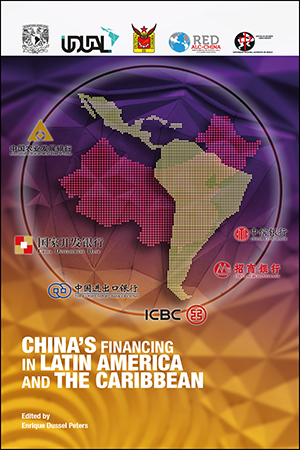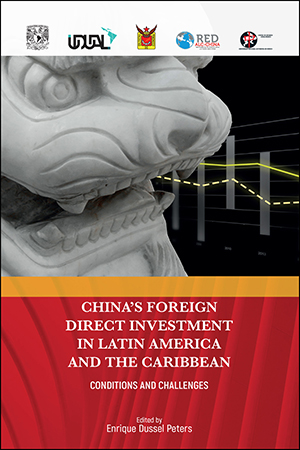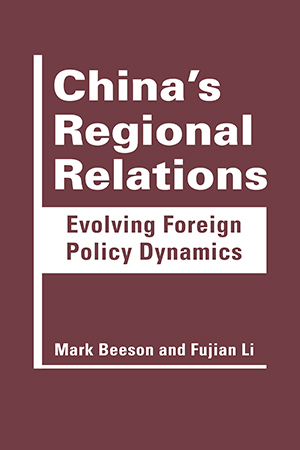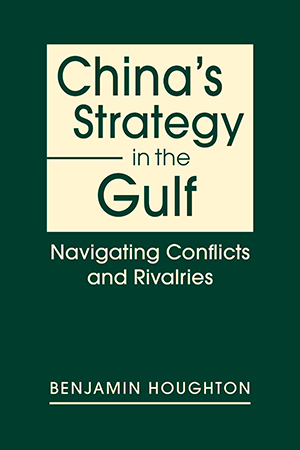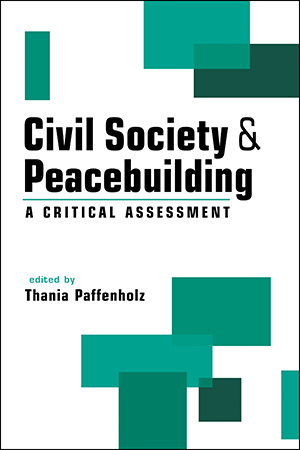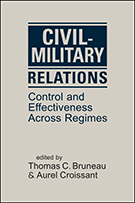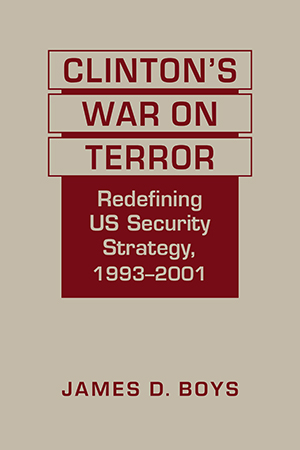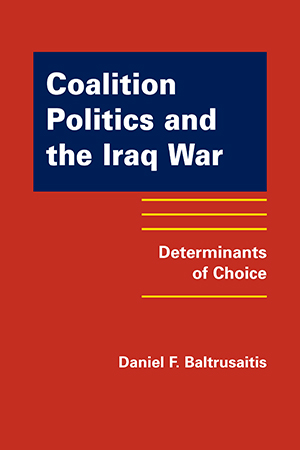International Relations (all books)
Has the political power of big business, particularly transnational corporations (TNCs), increased in our globalizing world? What, if anything, constrains TNCs? Analyzing the role of More >
In Capitalism and Justice, John Isbister takes a practical approach to some of the most important questions of economic and social justice in the context of the global economy: How big a More >
The International Labour Organization estimated in 2000 that, of the approximately 246 million children engaged in labor worldwide, 171 million were working in situations harmful to their More >
What inroads is China making in Latin America? In China Engages Latin America, experts from three continents provide local answers to this global question. The authors explore the More >
With China on the minds of many in Latin America—from politicians and union leaders to people on the street, from business students to senior bankers—a number of important More >
In September 2013, Xi Jinping announced the launch of a Chinese-led megaproject, the Belt and Road Initiative, that would transform Asia's position within the global economy. Some ten More >
Choice Outstanding Academic Book! With China now South Korea's number one trading partner and destination for foreign investment and tourism, what are the implications for politics More >
Over the first two decades of the twenty-first century, China has become not only the world's largest economy, but also its largest exporter, a major importer, and the second largest More >
In recent years, China's explosive outflow of foreign direct investment (FDI) globally can be measured in the hundreds of billions of dollars, with close to 10 billion of that going each More >
Has China's much-discussed "charm offensive" come to an end? Are fears about the country's more assertive foreign policies justified? How will a rising China interact with More >
China's foreign and security policy in the Gulf region has been characterized by the cultivation of strong positive relationships with all of the Gulf states, irrespective of their More >
Responding to the burgeoning interest in the role of civil society in peace processes, this groundbreaking collaborative effort identifies the constructive functions of civil society in More >
How does civilian control affect military effectiveness? Can a balance be achieved between the two? In-country experts address these questions through a set of rich comparative case studies. More >
In the aftermath of the catastrophic attacks of September 11, 2001, President Bill Clinton's time in office was portrayed as one in which vital opportunities to confront growing threats More >
Why do states join ad hoc military coalitions? What motivated South Korea to contribute significantly to the Iraq War "coalition of the willing," while such steadfast allies as More >


